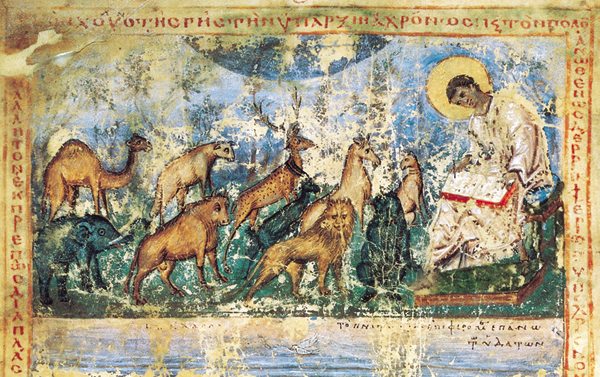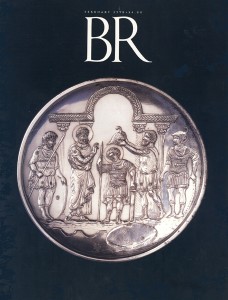
The impulse to engage with the Bible is, at its roots, a religious—that is to say, a theological—one. So it has been for thousands of years, for both Jews and Christians.
This changed, in the 18th century, with what we call the Enlightenment. I do not mean to discredit the Enlightenment. It shaped the world we live in, and we must be a part of this world. Yet we also need to look with a somewhat critical eye at developments that originated from the emancipation of the human mind. The scientific reading of the Bible is one of those developments. I refer, of course, to the so-called historical-critical method.
I myself have been trained in this methodology, which dominated Old Testament scholarship from its emergence, in the 18th century, to the middle of this century.
But I must admit that this is mainly a negative method. It is “critical” in the sense that it denies certain aspects of biblical texts that up to then had seemed self-evident: The Pentateuch was not written by Moses; the Book of Isaiah is not the message of one prophet; the Psalms were not composed by David, etc. The critical method tries to discern historical truths about the time and the authorship of biblical texts, and in many cases, the conclusions differ from what the texts themselves are saying, either explicitly or implicitly.
Already a library member? Log in here.
Institution user? Log in with your IP address.

